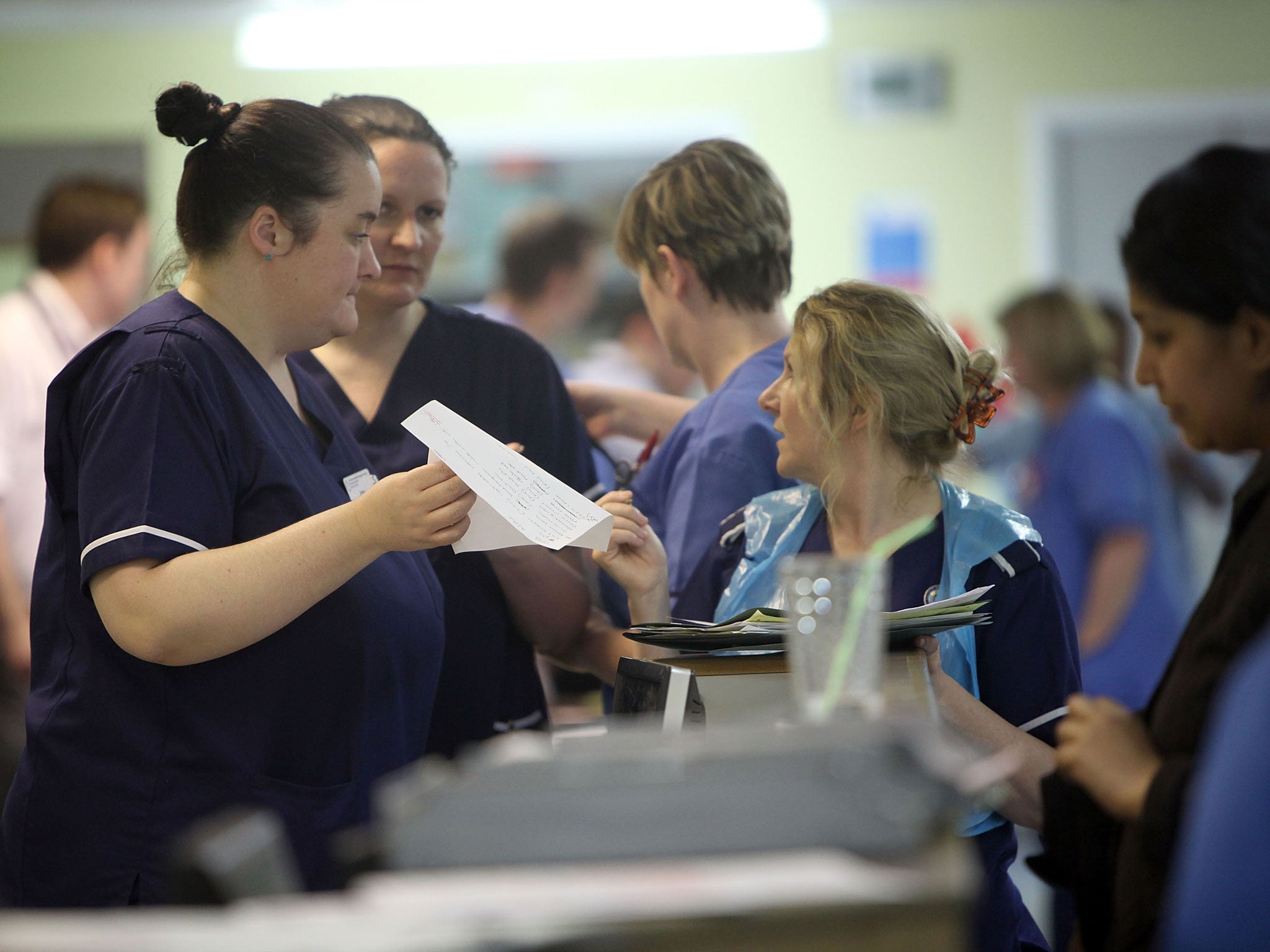The Big Questions: What does the A&E crisis tell us about the NHS? Is Britain heading out of the EU?
This week's questions are answered by British politician and academic Shirley Williams

How much of a threat to David Cameron’s position is the Tory rebellion over Europe?
The Tory rebellion on Europe demands a much earlier resolution of the in/out question than is implied in David Cameron’s referendum date of 2017. I don’t think the rebels will accept a four- or five-year delay. The whole issue will be caught up in the general election fixed for 2015, and it is an issue on which the Tories and their junior coalition partner, the Liberal Democrats, have strongly opposing views and cannot campaign together. The result of the general election will determine the UK’s relationship to the European Union. In the course of the argument, each party will have internal differences, but those differences will be much more serious for the Conservatives than for the other parties.
Can you envisage the UK leaving the EU in the foreseeable future?
Not before the general election. There would be no majority in Parliament for that and the Coalition would split on it. The Prime Minister himself is clearly not in favour. There is also a left-wing case being put forward for our independence from Europe. Does that make sense to you? None at all. On matters dear to the sensible left, like climate change, banking regulation, human rights (not least stamping out child and female trafficking), the EU at the international level is the best ally they have.
The outgoing Governor of the Bank of England says the end of the economic slump is in sight. Do you share his optimism?
I was encouraged by what he said but not persuaded. We still have no real strategy for job creation, for the revival of industry (new and old) north of the Trent to balance the magnetic attraction of London – yes to a mansion tax – nor for social housing and renewal of our old housing stock, which are the most promising areas for jobs for young people. The Coalition has done well on apprenticeships, and badly on the kind of immigration restrictions that bar thousands of overseas students from coming here to benefit from our outstanding higher education.
How does one explain the police and social services’ failings in the Oxford sex abuse case?
First, the police and social services can be mutually suspicious and do not work well together. Second, the UK authorities have been traditionally poor at listening to young people and taking what they have to say seriously, all the more so if they are girls or come from disadvantaged backgrounds. Police training must address these weaknesses.
What does the crisis in A&E tell us about the state of the NHS?
Essentially that the argument for shifting NHS care and treatment away from hospitals to GPs and community provision has not succeeded. To deal with an ageing population and one with increasing numbers of people with chronic conditions, not least diabetes and the after-effects of stroke, the shift is essential. But we are closing down A&E units before the alternatives are in place. In particular, we must address 24/7 GP access, conceded to the private sector by the Labour government in 2006/7. GPs work very hard, so the only way to do this is to make out-of-hours service a responsibility of the new clinical commissioning groups, and to ensure that out-of-hours doctors are accountable to them.
And the safeguarding of the future of the NHS requires what?
It requires a devolution of some responsibilities to the professions ancillary to medicine. For example, pharmacists could oversee drug regimes for elderly and chronically ill people being available 24/7. This would remove heavy time-consuming demands from GPs. The voluntary movement could be encouraged to run more hospices which provide a much happier situation for frail elderly people than geriatric wards do. What matters is to persuade the public how essential such devolution of responsibility is.
How significant for women’s future health is Angelina Jolie’s announcement of her preventive double mastectomy?
Any woman considering copying Angelina Jolie should make sure that she has a genetic tendency towards breast cancer. Unnecessary mastectomies would be as disastrous as breast implants have been.
Should the West intervene militarily in Syria?
Syria is becoming a scar on the face of the world. No boots on the ground but we should seriously consider taking control of the air in the way that France and Britain did in Libya. People matter more than petrol, and this is one area where we could, I believe, take a strong position.
Baroness Williams of Crosby is a former Labour cabinet minister who co-founded the Social Democratic Party in 1981. She is also a former leader of the Liberal Democrats in the House of Lords

Join our commenting forum
Join thought-provoking conversations, follow other Independent readers and see their replies